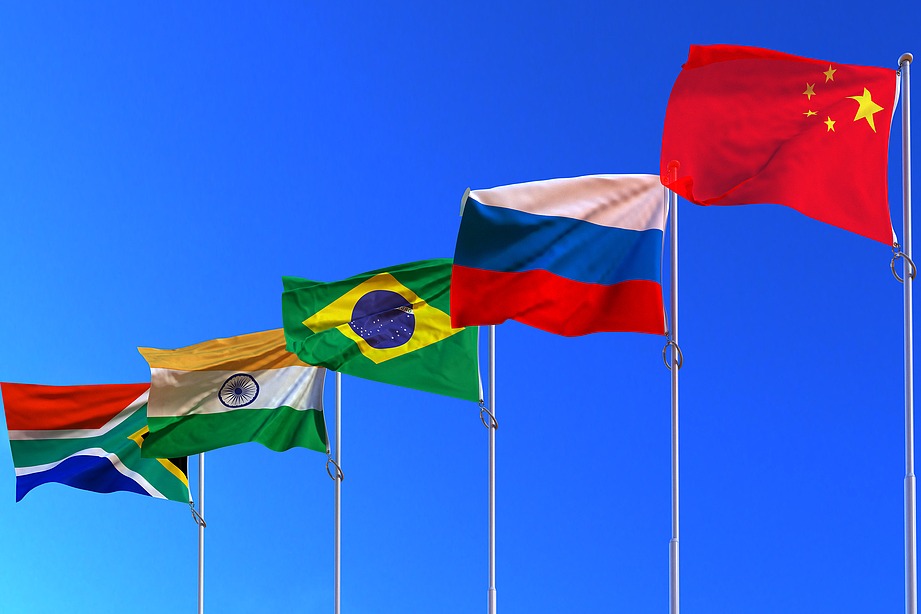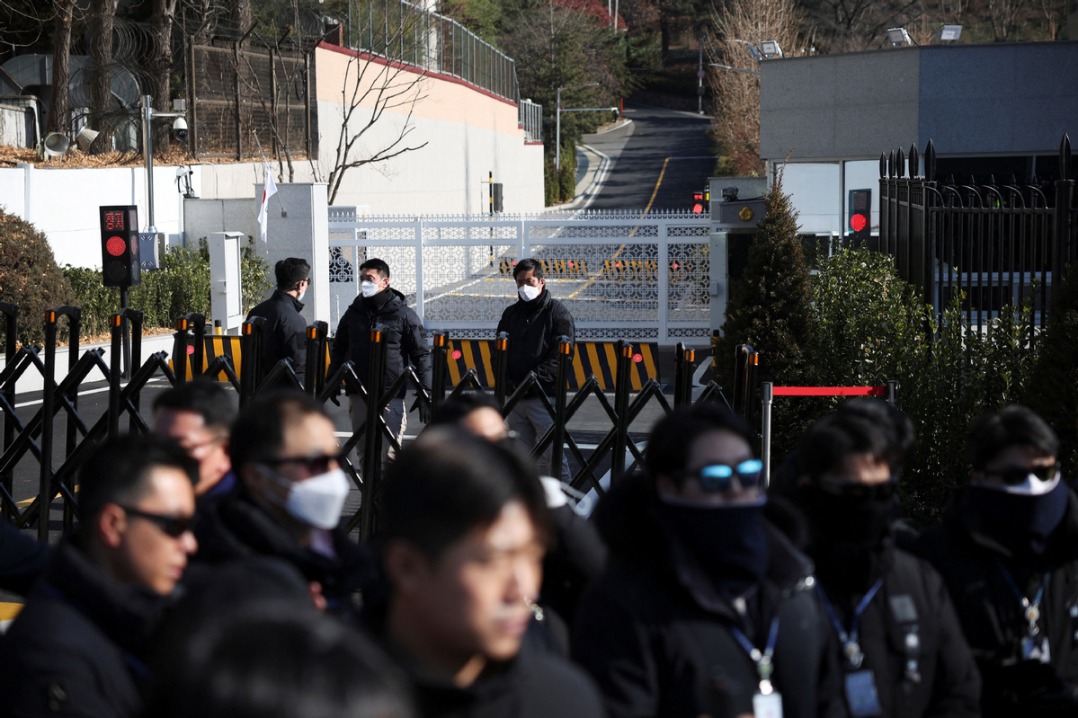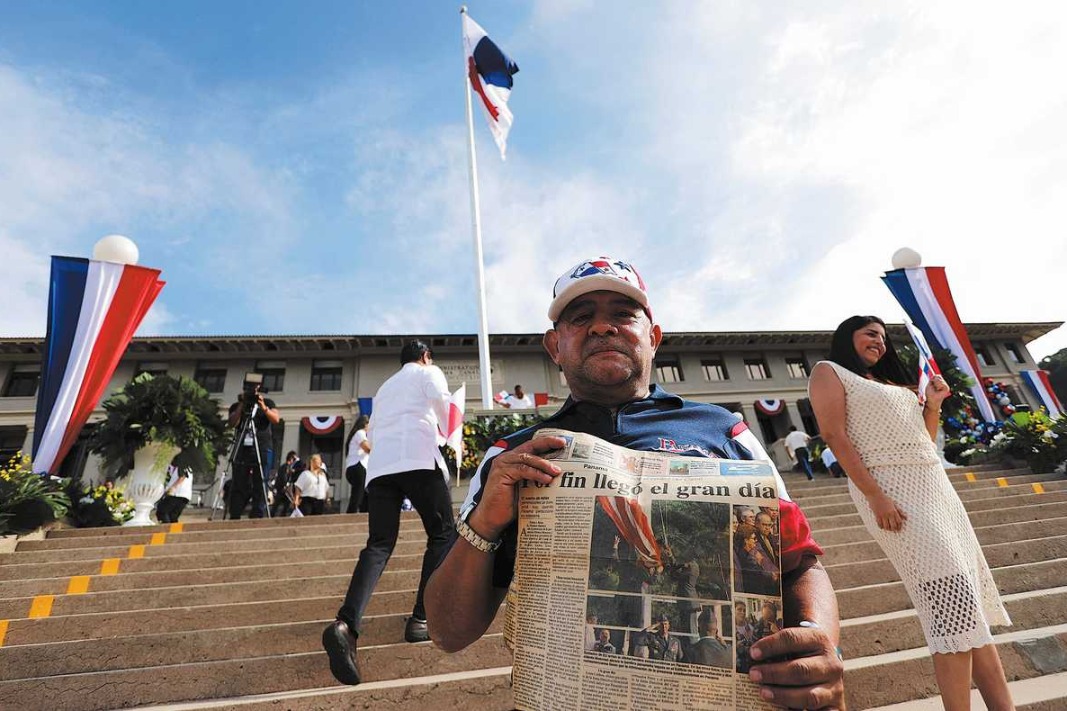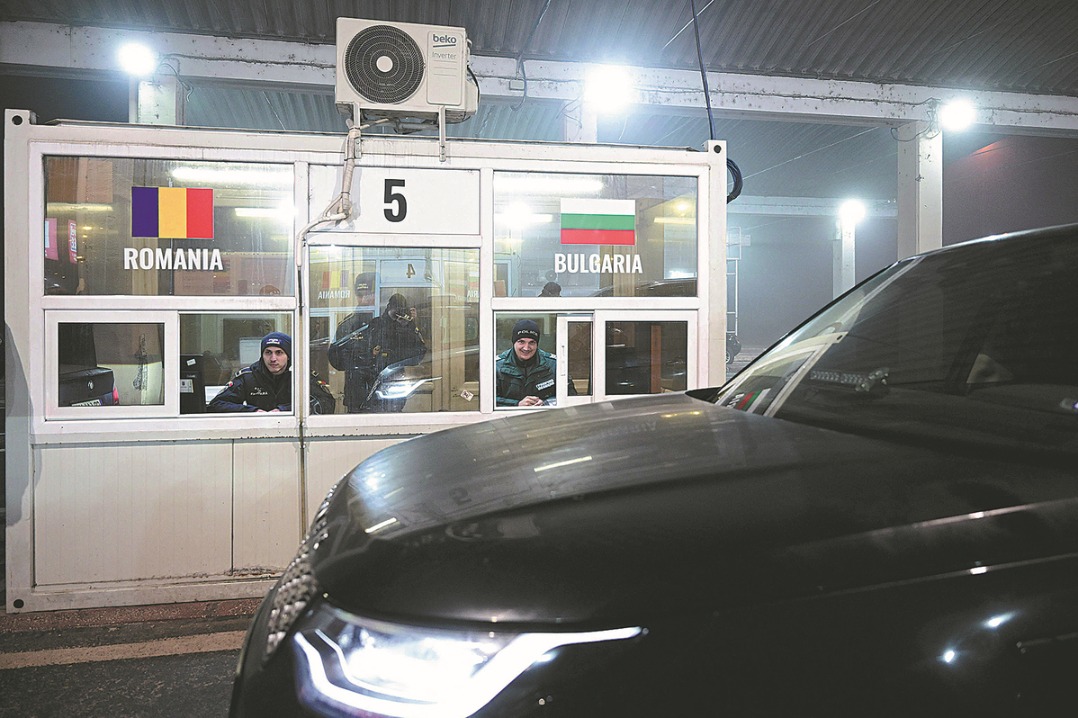Arab nations begin their reconciliation with Syria


UAE, Bahrain reestablish diplomatic presence in Damascus after seven years
A series of moves by some Arab countries show that Syria is gradually being reaccepted by the Arab world, which abandoned it after civil war broke out in the nation in 2011, said a Chinese expert.
Bahrain announced on Friday it will resume operations at its embassy in Syria seven years after it shuttered its diplomatic mission in Damascus in the early days of the civil war, in the latest step by a Gulf Arab state to improve its relations with Syria.
A day earlier, the United Arab Emirates reopened its embassy in Damascus, marking a diplomatic boost for President Bashar al-Assad from a US-allied Arab state that once backed rebels fighting him.
The UAE said in a statement that the country presented the reopening as part of an effort to bring Syria back into the orbit of its fellow Arab states, stressing the UAE was "keen to put relations back on their normal track".
Anwar Gargash, the UAE minister of state for foreign affairs, said on social media that the decision came amid a conviction that peace and stability in Syria requires the Arab countries' presence and contribution.
Nearly seven years since it was lowered, the UAE flag was raised again at its Damascus embassy during a ceremony attended by diplomats and journalists. An acting charge d'affaires has already started work there, the UAE Foreign Ministry said. The UAE severed its ties with Syria in February 2012.
Zou Zhiqiang, a researcher from Shanghai International Studies University, said the reopening officially marks the beginning of Arab countries' reconciliation with the Syrian government.
"As an important country in the Gulf, the UAE's move indicates that the Arab countries are facing the reality and adjusting regional policies, while the situation in Syria is becoming clear and the government cannot be subverted," he said.
The sudden withdrawal of US troops from Syria has also increased the security anxieties of Arab countries, Zou said, encouraging them to adjust their policies.
Bahrain's Foreign Ministry said in a statement it affirms the importance of continued relations with Syria, emphasizing the "Arab role" in preserving Syria's independence.
On Thursday, the Syrian private Sham Wings Airlines made its debut flight to Tunisia with 150 Syrian passengers onboard, marking the first such trip between both countries in several years, according to Syria's SANA news agency.
Talal Hassan, president of the Syrian community association in Tunisia, said this initiative reflects the friendship between the Syrian and Tunisian peoples, according to a Xinhua report.
Previously, Sudanese President Omar al-Bashir visited Syria on Dec 16, and was greeted by Syrian President Bashar al-Assad before they held talks on bilateral relations and the latest developments in Syria and the region.
Bashir said Sudan is ready to provide whatever is needed to support the territorial integrity and unity of Syria.
With the reconciliation and resumption of diplomatic relations between the Arab countries and Syria, Zou said that it is also possible for Syria to return to the Arab League.
"The Syrian government will take this chance to further break its diplomatic isolation, especially in the Middle East, and gain a more favorable political status and atmosphere for itself," he said, adding that more Arab countries would restore their diplomatic relations with Syria.
Syria was expelled from the 22-member Arab League shortly after the war broke out in 2011. Since then, most Arab countries have cut or downgraded their diplomatic relations with Syria.
Zou said the series moves also enhanced the legitimacy of the Syrian government, strengthened its political status, and correspondingly further weakened the status of the opposition forces.
AP and Reuters contributed to this story.

































